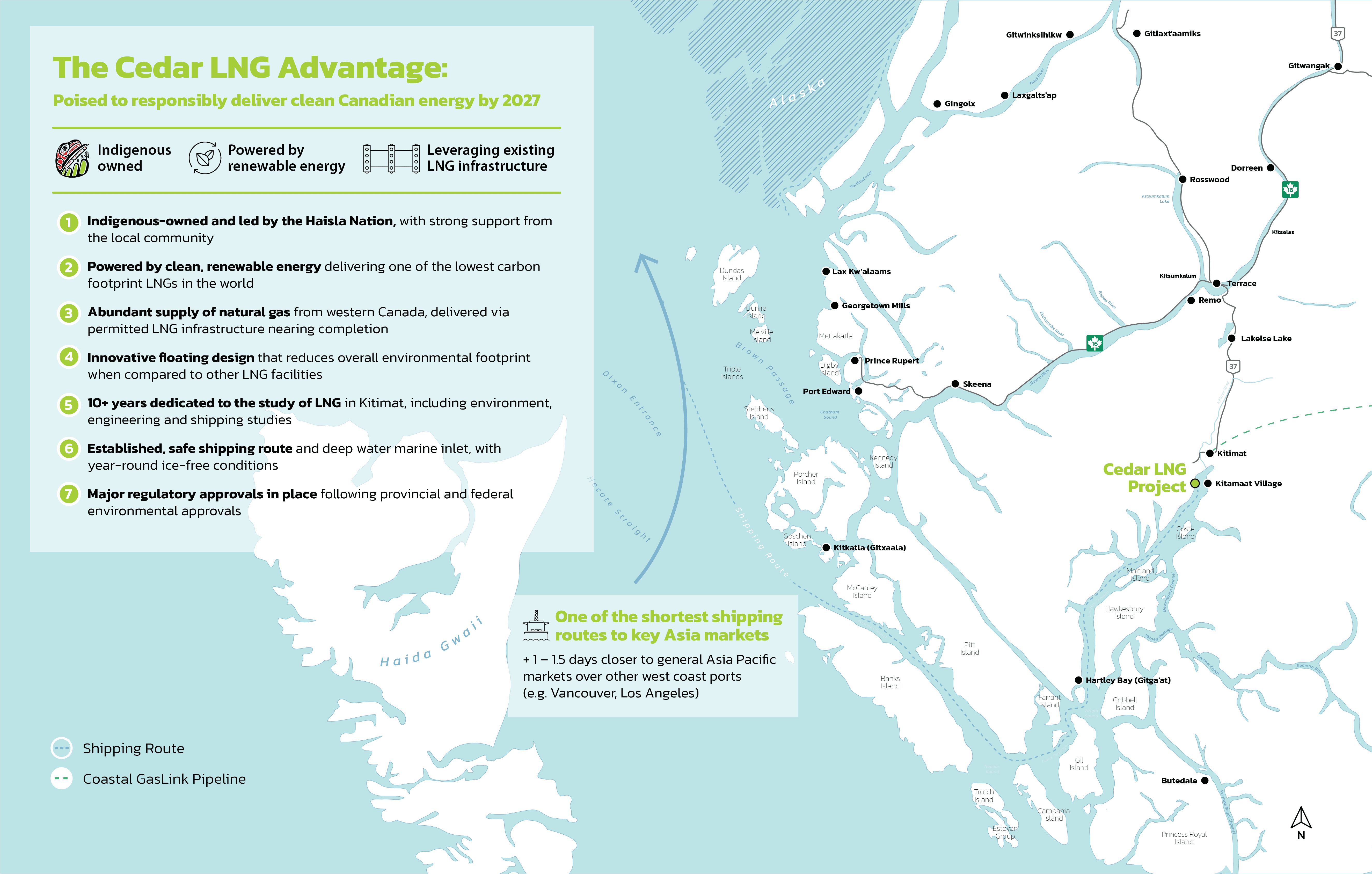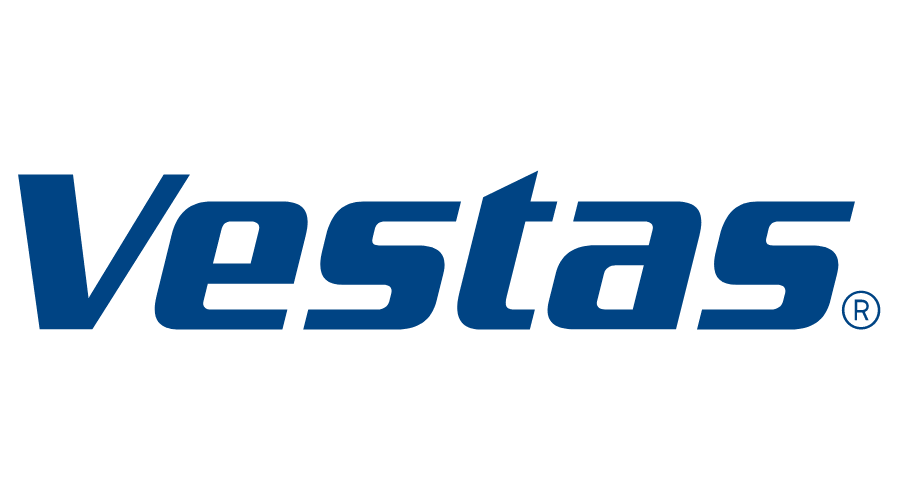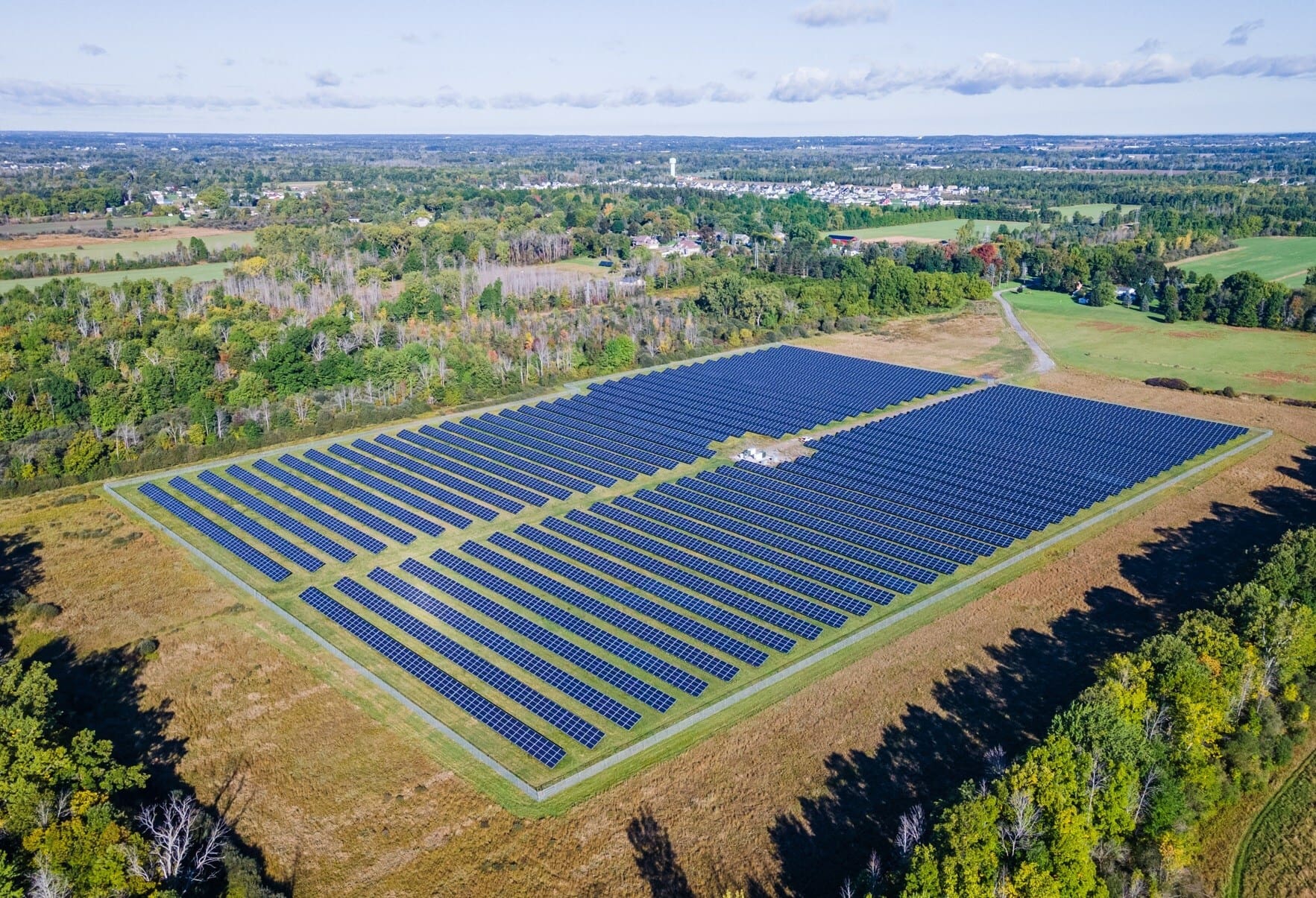Valero, one of the largest refining and marketing companies in North America, recently changed the compensation structure of its executive officers to include climate-related incentives. The company’s Compensation Committee and its board of directors approved grants for long-term incentive awards based on two categories: restricted shares and performance shares. Restricted shares are acquired through vesting. Similar to 401(k) vesting, Valero awards its top executives with shares as part of their compensation package. These shares are scheduled to vest in equal installments over a period of three years beginning on February 23, 2022.
The Energy Transition Performance Measure
Performance shares are where it gets more complicated. Like restricted shares, they are scheduled to vest annually. However, the amount of shares received is based on Valero’s total shareholder return (TSR) compared to its peers. Total shareholder return is the performance of Valero’s stock, including dividends.
If Valero ranks in the middle of the pack, then 100% of the performance shares are given to investors as common stock. If Valero is ranked first or second, 200% of the shares are awarded. If its last or second-to-last, no performance shares are earned. But there’s a twist.
Valero’s TSR score can increase or decrease by 25% based on what’s called the “Energy Transition performance measure.” The measure has two equally weighted components worth 12.5% each. The first is based on the company’s publicly announced greenhouse gas emissions reductions goals. Staying ahead of the stated goals earns an extra 12.5%. Falling short loses 12.5%. The second is the percentage of growth capital expenditures that are devoted to low-carbon projects versus the available growth capital in Valero’s overall budget. Spending more money on low-carbon projects than planned earns 12.5% as long as those projects meet or exceed the company’s minim return on invested capital (ROIC). In layman’s terms, this means the low-carbon endeavors need to make the company a reasonable amount of profit, not just be pursued for positive press or to get bonuses.
Effects On Valero’s TSR Score
In its Form 8-K release to the United States Securities And Exchange Commission (SEC), Valero noted the following examples of low-carbon projects:
“The low-carbon initiatives eligible for the second component could include investments in projects that expand the production of lower carbon products such as renewable diesel and sustainable aviation fuel, projects that reduce the carbon intensity of existing products (such as carbon capture and sequestration), and projects that alter the product yield of Valero’s facilities to better match evolving customer demand.”
The change in Valero’s TSR score can’t exceed 200% or fall below 0%. For example, if Valero was in the bottom 10% of its peer group, it would receive a TSR score of 20%. Then if it failed both Energy Transition performance measures, its total score would technically be -5% but would be adjusted to the 0% floor. Although each performance component is worth 12.5%, Valero notes that “meeting the target for one of the Energy Transition performance components but not the other results in a modifier of zero, and therefore does not alter the TSR score.”
Shareholder Advocacy
Tying executive compensation to ESG criteria is a relatively new trend that’s gaining traction in the oil and gas industry. Pushing companies in the right direction are investor representatives like As You Sow. As You Sow, one of the largest US non-profit leaders in shareholder advocacy, was one of the key players in getting Valero’s board to pass the resolution. As You Sow believes that forming coalitions and working within the legal system by using the voting power of shareholders can result in positive change. Unlike other advocacy groups that operate through lobbying or special interest groups, As You Sow works within the corporate structure because it believes that corporations have the tools to solve environmental problems. “We know that compensation incentives drive outcomes,” said Danielle Fugere, president of As You Sow. “Linking success in meeting climate goals to compensation awards will drive positive climate outcomes.”
Meet The Climate Action 100+
As You Sow is part of a group of over 500 investors representing over US$52 trillion in assets called the Climate Action 100+ initiative (CA100+). The initiative released a benchmark in the fall of 2020 that calls on the largest carbon emitting companies, including Valero, to produce targets and plans for reducing their full range of greenhouse gas emissions to net-zero. The initiative also calls upon companies to link executive compensation to achievement of emission reduction targets and plans, improve climate governance, and provide specific climate-related financial disclosures. The net-zero company benchmark from CA100+ suggests ways to tie executive compensation based on climate metrics. Pleased with Valero’s actions, As You Sow decided to withdraw its request from Valero. “Investors welcome Valero’s new policy linking executive compensation to climate-related goals,” said Lila Holzman, senior energy program manager of As You Sow. “We look forward to seeing how this good governance practice helps accelerate Valero’s climate progress.”
More Work Ahead
As You Know may be giving Valero the nod, but it has filed similar resolutions along with other investors — asking companies to align with one or more of the specific indicators laid out in the Net-Zero Benchmark. Major companies include General Electric, Caterpillar, General Motors, Twitter, and United Airlines. According to As You Sow, the United Airlines resolution has already been withdrawn by lead filer, Mercy Investment Services, as the company set an enterprise-wide net-zero-by-2050 emissions goal. Other resolutions are planned to go to a vote this spring. “It’s risky for a company to refuse a request backed by US$52 trillion,” said Paul Rissman, co-founder of Rights CoLab (a company that advised As You Sow on its CA100+ resolutions). “We hope to see the other CA100+ focus corporations respect the wishes of their largest shareholders.”

















